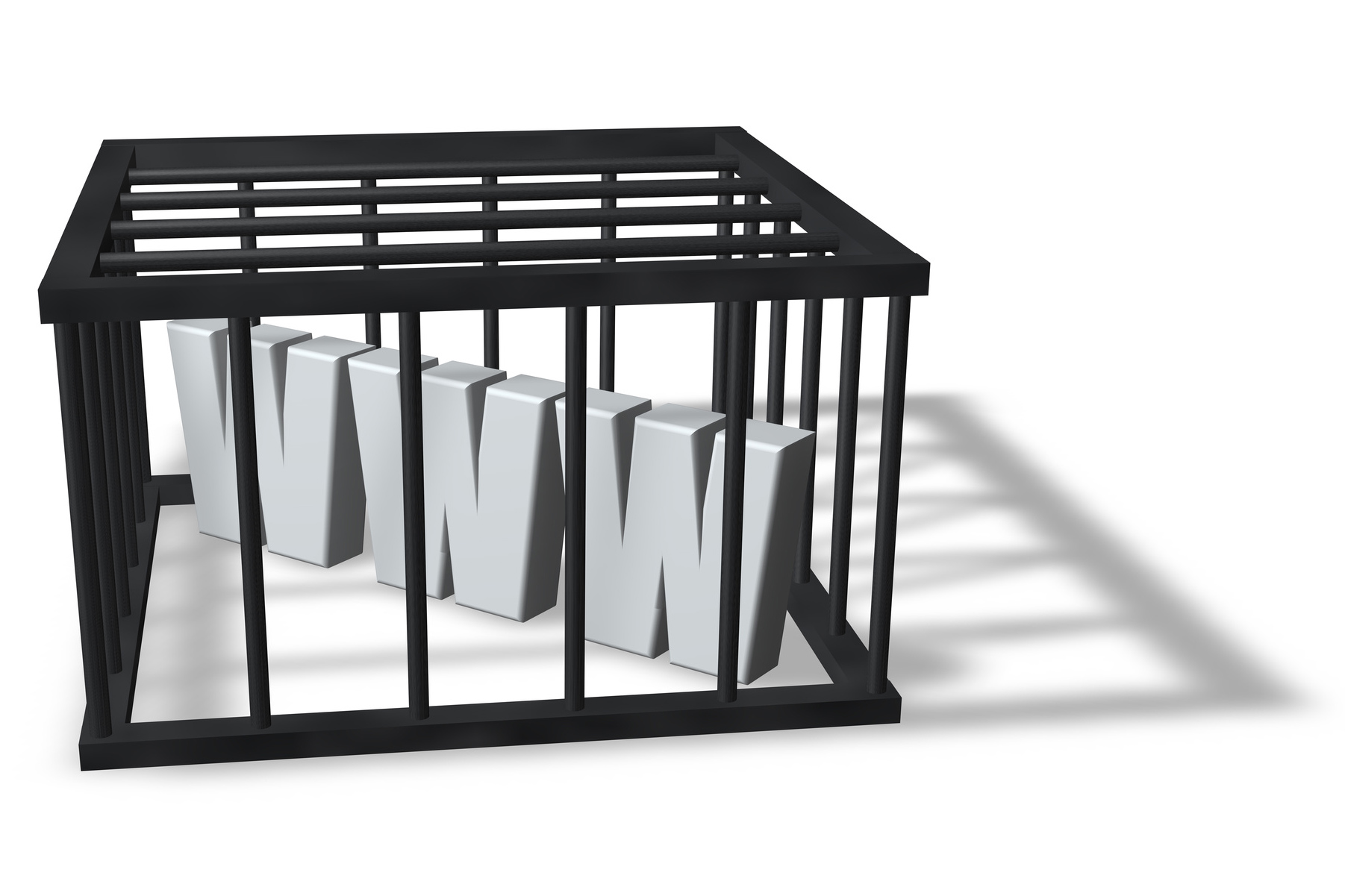US hits out at China's web censorship
Tensions between Washington and Beijing have flared over US claim that China's increasingly strict control over internet access violates human rights.

China has accused the US of hypocrisy and destabilising the world economy after the US State Department's annual report on human rights criticised the communist regime for its tight control over internet content.
The report named China among several countries exerting increasingly strict control over the internet to curtail freedom of expression. It said that despite 2009 seeing record numbers of people around the world being able to access the internet, governments were in turn spending more "time, money and attention" developing ways to control it.
Dealing specifically with China, which it said was "among the worst" offenders, the State Department claimed Beijing had "increased its efforts to monitor internet use, control content, restrict information, block access to foreign and domestic websites, encourage self-censorship, and punish those who violated regulations".
It continued: "The government at times blocked access to selected sites operated by major foreign news outlets, health organisations, foreign governments, educational institutions, and social networking sites, as well as search engines, that allow rapid communication or organisation of users."
However, in a 10,000-word response covering a wide range of topics, China's State Council said the US' supposed interest in internet freedom had less to do with human rights than a desire to impose US domination on the world.
Repeating a charge it has made several times since the dispute first arose, China accused Washington of using human rights as a political instrument: "The United States monopolises the strategic resources of the global internet, and has been retaining a tight grip over the internet ever since its first appearance," the Chinese response read.
The accusations will come as little surprise given increasing tension between the two nations due to a series of disputes over recent months.
Sign up today and you will receive a free copy of our Future Focus 2025 report - the leading guidance on AI, cybersecurity and other IT challenges as per 700+ senior executives
In December last year it emerged that Google and a host of other US technology firms had been infiltrated in cyber attacks identified as having originated in China.
At the time, there were widespread claims that the attacks were state-sponsored, an accusation Beijing flatly denied. However, the affair drew attention to the Communist Party's strict regulation of the country's state-owned media, and its practice of refusing independent groups to examine its human rights records.
Google threatened to pull out of the country entirely after it emerged that the Gmail accounts of activists critical of China's human rights records were among those hacked. Since then both sides have agreed to work together to resolve the dispute, with Eric Schmidt claiming earlier this week that progress was being made and something would be announced "soon".
The latest developments may have put that progress at risk, though there is some encouragement in the fact that the latest mud-slinging between the two nations has become something of a tradition: China has responded to the US report with accusations of its own every year since 1990.
-
 CultureAI’s new partner program targets AI governance gains for resellers
CultureAI’s new partner program targets AI governance gains for resellersNews The new partner framework aims to help resellers turn AI governance gaps into scalable services revenue
-
 What is database sharding and how does it benefit enterprise IT?
What is database sharding and how does it benefit enterprise IT?Explainer Implemented properly, database sharding can radically improve performance and scalability